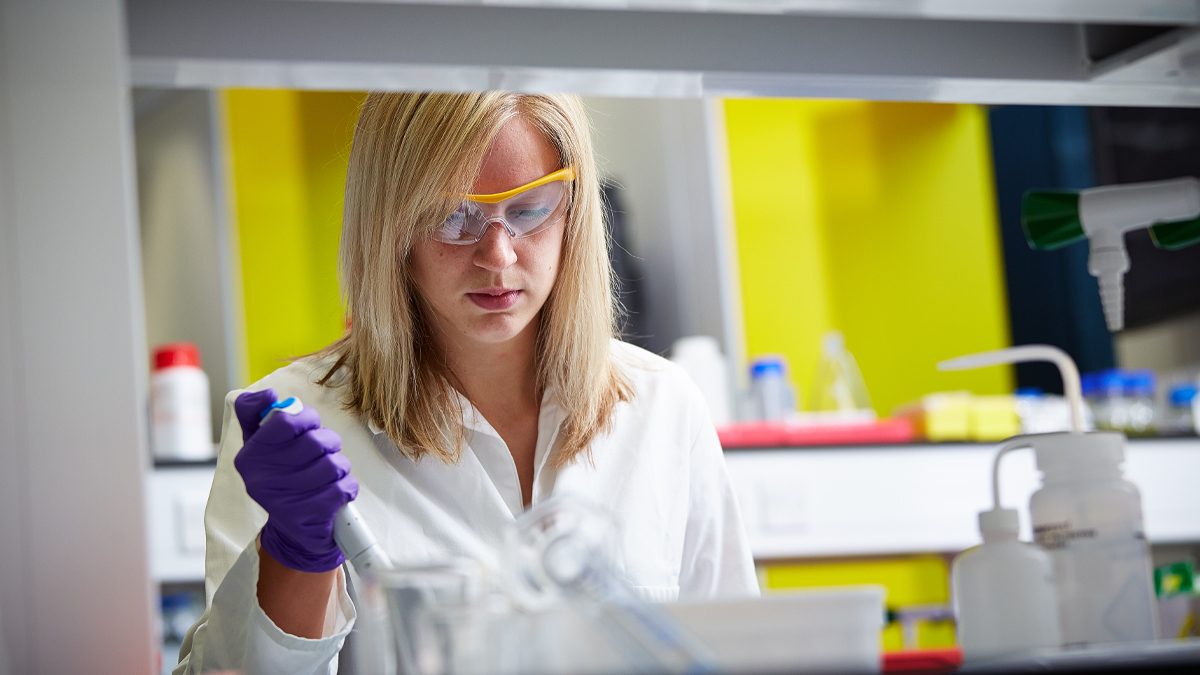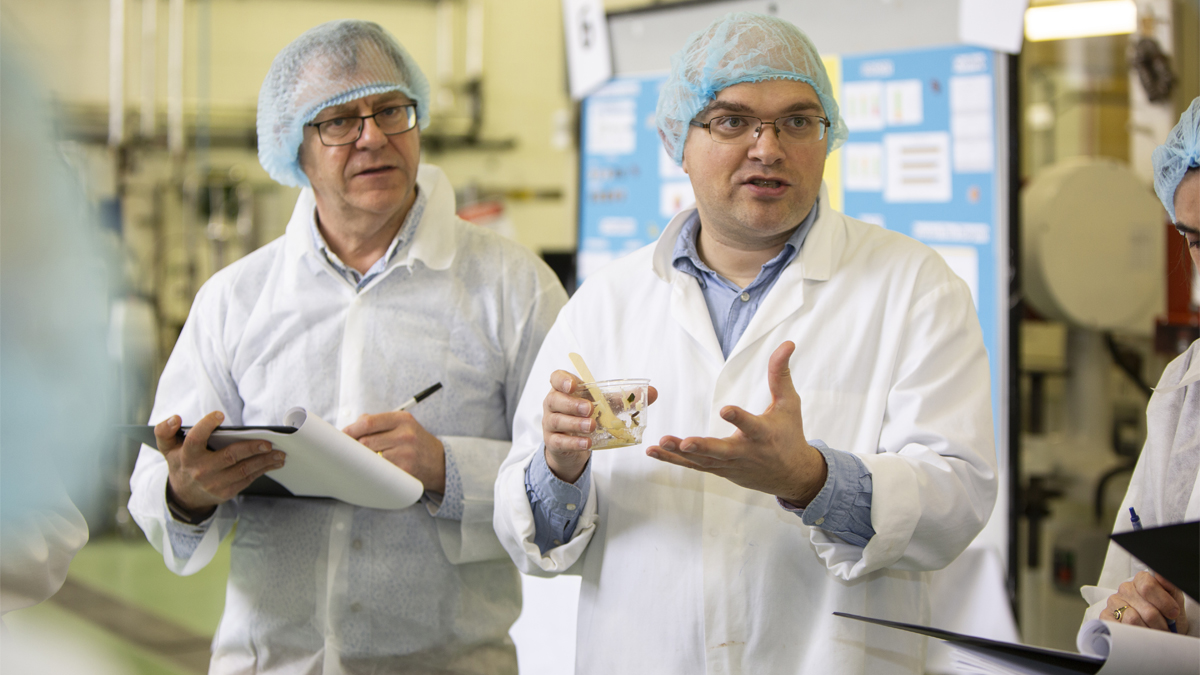Human nutrition research is key to understanding and improving health in society. The Hugh Sinclair Human Nutrition Group was established in 1995 from an endowment of funds from the estate of Hugh Sinclair, a passionate and pioneering advocate for human hutrition research, in particular the role of essential fatty acids in cardiovascular health.
Our research focuses on the relationship between the food we eat and the risk of chronic diseases such as heart disease, diabetes, cognitive decline and cancer. This research is crucial to exploring and understanding the links between diet and disease, and developing strategies that will help ensure healthier and more nutritious food for all.
Our researchers are from multidisciplinary backgrounds, and we employ approaches from laboratory to clinical studies to examine the functions of dietary lipids, antioxidants, plant phytochemicals on atherosclerosis, inflammation, insulin resistance and obesity, and neurodegeneration at the molecular, cellular and population levels, including the influence of diet-genotype interactions.
Find out more about the Hugh Sinclair Unit




